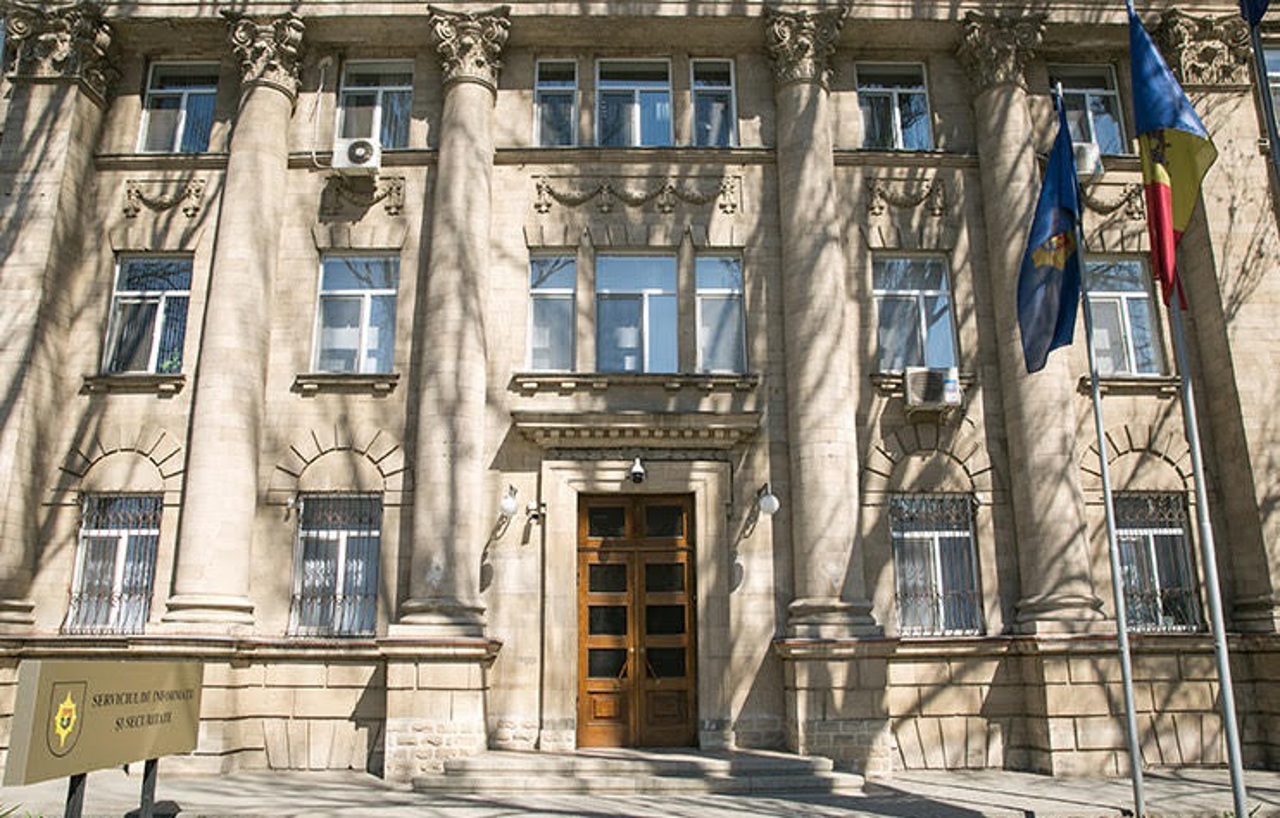Opinions: The amendments to the law on the activity of the SIS contain several ambiguities
The draft laws on the activity of the Intelligence and Security Service (SIS), including the status of the intelligence and security officer and the one on the counter-informative and informative activity contain several ambiguities. These are the opinions of the participants in the public debates organized by the National Security, Defense and Public Order Parliamentary Commission. According to them, some provisions of the discussed bills leave room for interpretation.

The draft law on the activity of the Intelligence and Security Service provides for the periodic performance of three types of control - parliamentary, judicial and financial. According to the representative of the Association for the Protection of Private Life, Sergiu Bozianu, a single parliamentary control could become a police tool, which could be used in bad faith.
"A simple parliamentary control is not enough to be sure that what the SIS is doing is correct, how does the parliamentary control take place. Here it is described what the National Security Commission can request from the SIS, there is some statistical data to which the Commission will not have access, to real, individual, concrete data. We must have a very effective and safe tool, no matter what happens, to be able to handle this force", stated Sergiu Bozianu.
On the other hand, the director of SIS, Alexandru Musteata, stated that the institution is not and will not be a police institution. He also referred to the protection of employees' personal data, this aspect being discussed.
"All SIS employees have a protected identity in some form. They are SIS employees who are encrypted. The more people know about who he is, what family he has, where he lives, this represents a danger for the activity of the SIS Service", said Alexandru Musteata.
For his part, the president of the relevant Parliamentary Commission, Lilian Carp, mentioned that these laws are important for the security of the state, so they must be thoroughly discussed, to avoid any interpretation.
"The projects have many question marks, there are 11 articles on which we are already commenting internally, within the Commission. We must amend the law in such a way that we do not admit abuses", concluded Lilian Carp.
The draft laws were sent to the Venice Commission for evaluation and the expression of a point of view, after which they will be proposed for approval in the Parliament.






